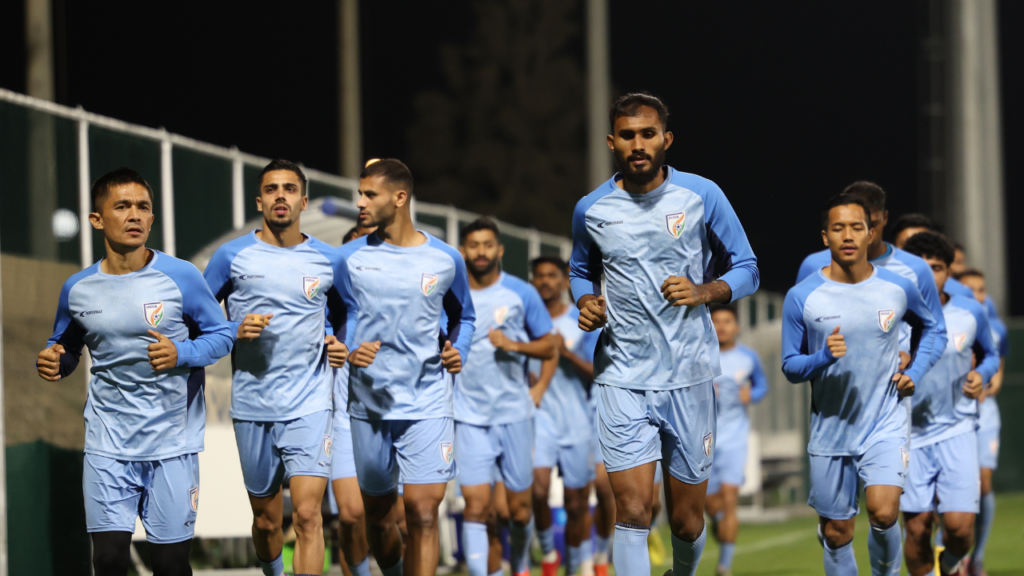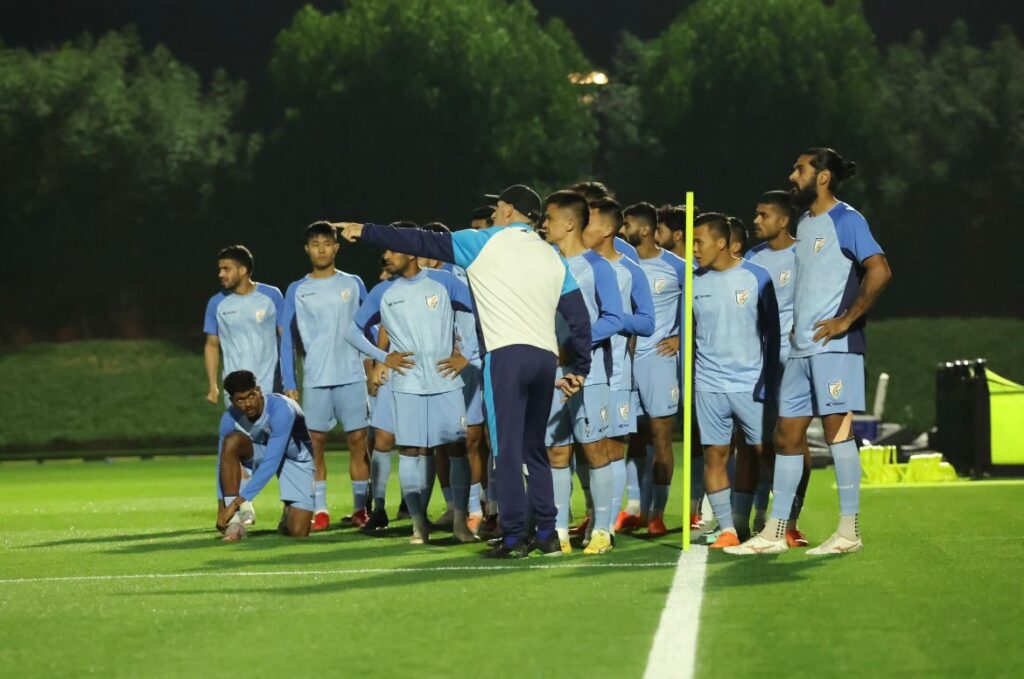
“A lot of politics and equation are at play here. The coach and these players have a pact and will invariably support each other. These players have only the right to speak in the team [sic]. No one can counter them.
“Everyone is content to speak behind their back but none is willing to stand up to them.”
These quotes, featured on News9, were attributed to an India men’s football team player. There is no reason to doubt their veracity, but the fact that those soundbites have received such airplay is testament to how little the general public understands dressing-room dynamics in a team sport.
To begin with, a losing team is an unhappy team. And India have lost with depressing regularity since last autumn. The upset victory in a World Cup qualifier in Kuwait City was very much the outlier in a catalogue of atrocious displays. Players relegated to the bench or not even part of some squads are likely to be more disgruntled than most, convinced that they could have made a difference had they played.
Frankly though, allegations of a coterie conspiring with Igor Stimac, the coach, to hold Indian football back are laughable. Rinus Michels might have been the coach most closely associated with Ajax and Total Football, but Johan Cruyff, Piet Keizer and Johan Neeskens were his hugely influential lieutenants on the pitch. Pep Guardiola seldom did anything at Barcelona without the consent of Carles Puyol, Xavi, Andres Iniesta and Lionel Messi.
Jurgen Klopp has spoken publicly of how experienced model pros like James Milner, Jordan Henderson and Virgil van Dijk helped carry out his vision on the pitch, while also being his eyes and ears in training. And back in Manchester United’s heyday, any player who slacked off during training would have felt the full force of Roy Keane’s wrath.

This is how every sports team functions. Watch The Last Dance, the eye-opening documentary on basketball’s legendary Chicago Bulls, and you’ll see just how much influence Michael Jordan, Scottie Pippen and Dennis Rodman wielded over the team coached by Phil Jackson.
In this Indian side, Sunil Chhetri, Gurpreet Singh Sandhu and Rahul Bheke were all part of the Bengaluru FC side that raised the bar in Indian football between 2017 and 2019. Sandesh Jhingan, another national team veteran, also played two seasons in Bengaluru alongside Gurpreet and Chhetri. They’ve also been teammates for India for so long that some sort of kinship is only natural.
The delicate situation that Stimac and India face now is not on account of their seniority, but their form. Jhingan is out injured at the moment, but the moment he’s back, he goes back to being one of the first names on the team sheet. The same can’t be said of the other three. Bheke is years past his best, and Gurpreet’s costly mistake against Afghanistan was a continuation of some shaky displays in the Asian Cup. Chhetri leads the line with tenacity and commitment, but as he turns 40 in August, it’s impossible to overlook the fact that he last scored more than 11 goals in a club season back in 2017-18.
Three of the four are likely to be phased out in the coming months, though Chhetri could still give great value off the bench as an impact substitute. Whatever his personal relationships with them, this is a call that Stimac simply has to take. The June encounter against Kuwait now shapes up as Indian football’s biggest game in a generation. Fail to win, and all the small strides of the past decade will be forgotten.
Experience is the bedrock of any sports team. But there also comes a time when you have to cut the anchors adrift and set sail in a new direction.